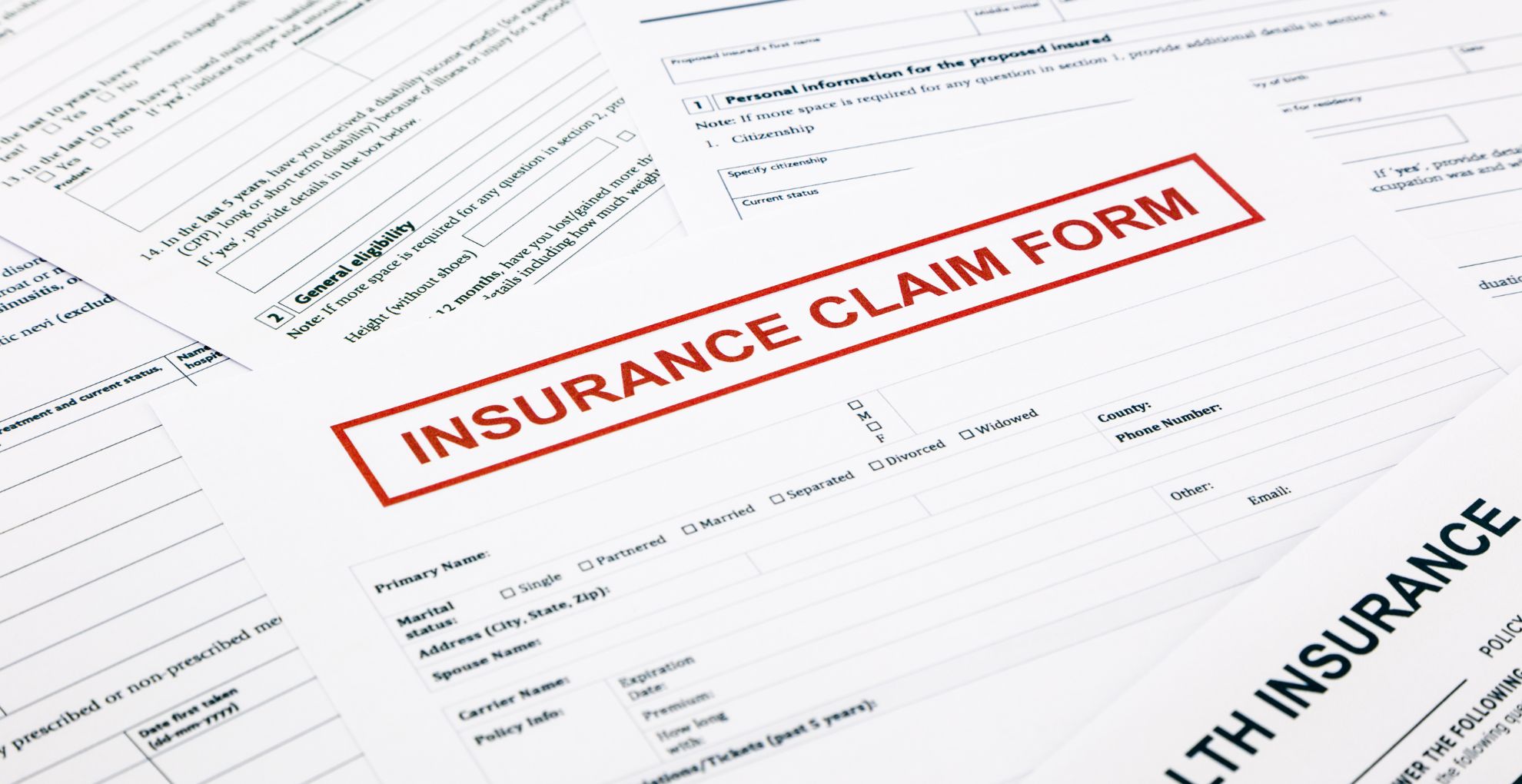When homeowners start dreaming of a new kitchen, a spa-like bathroom, or adding an outdoor deck for summer barbecues, insurance is usually the last thing on their minds. But in 2025, as remodeling projects become more sophisticated and home values continue to climb, updating your insurance is more important than ever. Remodeling can transform your living space, but it can also change how much you pay for your home insurance. And if you’re not careful, you could end up underinsured, overpaying, or completely unprotected when it matters most.
Whether you’re planning a minor upgrade or a full home renovation, understanding how remodeling impacts your insurance premiums can help you make smarter decisions, avoid financial setbacks, and fully protect your investment.
Why Remodeling Projects Affect Your Insurance Premiums
Increased Property Value Means Higher Coverage Needs
Imagine spending $60,000 on a high-end kitchen remodel, only to have a fire destroy it a few months later, to discover your insurance doesn’t cover the full cost to replace those luxury finishes. It’s a hard reality, but one many homeowners face after a remodel if they don’t update their policy. When you improve your home, its overall replacement cost increases. Your insurer calculates premiums based on how much it would cost to rebuild your home, not what you originally paid for it. So, if the value goes up, your policy limits need to go up too.
Additional Risks Introduced by Upgrades
Some renovations bring with them more risk. A new swimming pool is fun, but it also increases the likelihood of injury claims. Even something like adding a second story, which involves scaffolding and contractors on-site, introduces new liability risks during and after the project. These added exposures can directly influence your insurance premium, and not accounting for them could lead to denied claims or legal complications.
Renovations That Commonly Impact Premiums
High-Impact Projects to Notify Your Insurer About
Not every home upgrade will cause your premium to skyrocket, but certain projects almost always require a policy update. Kitchens and bathrooms are big ones. Not only are these rooms often gutted and rebuilt, but the finishes—think marble countertops, custom cabinetry, smart appliances—raise your home’s replacement value significantly.
Adding a home office, extra bedroom, or sunroom increases your home’s square footage, which also increases its insured value. Pools, hot tubs, and even expansive patios or landscaped gardens can bump up your liability risks, leading to higher premiums. Any upgrade that boosts your home’s worth or adds potential hazards should be communicated to your insurer.
Risk-Reducing Renovations That May Lower Premiums
Here’s the good news: not all remodeling will cost you more in premiums. Some upgrades can save you money. Energy-efficient improvements, like solar panels, tankless water heaters, or upgraded HVAC systems, can make you eligible for insurance discounts. Some insurers reward homeowners who use fire-resistant materials or install security systems with lower rates. So, while a remodel might raise your coverage costs, it can also offer opportunities for savings.
Insurance Policy Changes You May Need
Update Your Dwelling Coverage
Dwelling coverage refers to the portion of your policy that pays to repair or rebuild your home. After a renovation, your policy must reflect the new replacement value. If you added $50,000 worth of improvements, your current coverage might fall short in the event of a total loss. Speak with your agent about adjusting your dwelling limit so you’re fully covered.
Consider Builder’s Risk Insurance
Most homeowners assume their standard policy covers everything during a renovation, but that’s not always true. Builder’s risk insurance is a temporary policy that protects your home and materials during construction. It covers things like theft of tools, vandalism, or damage from a windstorm while your walls are exposed. If you’re taking on a major remodel—especially one that leaves parts of your home uninhabitable—builder’s risk insurance is a smart layer of protection.
Review and Adjust Liability Coverage
Contractors, tools, and debris all increase the risk of someone getting hurt on your property. And once the project’s done, new features like staircases, decks, or pools may pose ongoing hazards. That’s why boosting your liability coverage during and after renovations is essential. It ensures you’re protected if a visitor slips on wet tiles or a child is injured in your new pool.
Add or Update Additional Living Expense (ALE) Coverage
Some remodels might make your home temporarily unlivable. If your kitchen or bathroom is out of commission or you’re replacing the roof, you might need to stay elsewhere. ALE coverage helps pay for hotel stays, rental homes, and even meals while you’re displaced. Check your current limits and consider raising them if your renovation timeline will be lengthy.
How to Prepare for Insurance Updates
Steps to Take Before Renovating
Before you swing a hammer, give your insurance agent a call. Let them know what you’re planning and ask whether your current policy will cover the changes. It’s also smart to get a pre-renovation appraisal—especially if you’re unsure how much value your upgrades will add. The more your insurer knows upfront, the more accurate your updated policy will be.
During Renovation
As the work progresses, keep detailed records. Save receipts for materials, labor, and permits. Take before-and-after photos. Not only will this help in the event of a claim, but it also creates a paper trail for justifying increased coverage.
It’s also important to work only with licensed and insured contractors. If something goes wrong—an injury, faulty wiring, structural damage—you’ll be glad you didn’t cut corners.
After Renovation
Once the work is done, it’s time to revisit your coverage. Get a new replacement cost estimate for your home and ask your agent for a revised premium quote. You may also want to review bundling options or look for discounts related to your remodel. Some insurers offer lower premiums if you’ve made safety-focused updates or modernized your home’s systems.
Cost vs. Coverage: How Premiums Change
Why Premiums Might Increase
If you added luxury materials, expanded your square footage, or introduced new risks (like a swimming pool), your premiums will likely rise. These features increase the potential cost of repairs or claims, so your insurer adjusts your rate accordingly. Think of it less as a penalty and more as making sure your dream renovation is truly protected.
When Premiums Might Decrease
On the flip side, if your renovation includes security upgrades, improved fire safety, or energy-efficient systems, your insurer might reward you with lower premiums. Some common premium-reducing upgrades include:
-
Smart home security systems
-
Reinforced roofing materials
-
Updated wiring or plumbing
-
Fire alarms and sprinkler systems
Ask your insurer if you qualify for any renovation-related discounts—they may not offer them automatically unless you ask.
Key Questions to Ask Your Insurer
Navigating remodeling and insurance can feel overwhelming, but the right questions can bring clarity. Before and after your renovation, make sure to ask:
-
Does my policy cover the planned renovations?
-
Will I need builder’s risk insurance?
-
How will this renovation affect my premium?
-
Are there any new discounts I now qualify for?
-
Will my policy cover liability for workers on-site?
Being proactive can help you avoid unpleasant surprises down the road.
FAQs About Remodeling and Insurance Premiums
Will my insurance automatically adjust after renovations?
No. You must inform your provider to reassess your coverage.
Is builder’s risk insurance always required?
It’s not always mandatory, but it’s highly recommended for large or risky projects.
What if I don’t update my policy after remodeling?
You risk being underinsured, which could lead to denied claims or higher out-of-pocket expenses.
Can remodeling lower my premiums?
Yes, especially if you include upgrades that reduce risk, like energy-efficient systems or home security features.
How soon should I contact my insurer about renovations?
Reach out before construction starts. It gives you time to update your policy and avoid coverage gaps.
Final Tips for Managing Insurance During Renovations
Home improvements can be exciting, but they’re also an investment. Protecting that investment starts with the right insurance. Communicate with your provider early, keep records throughout the process, and review your policy after the dust settles. Each step helps ensure that you’re not only improving your home but securing your financial future.
A remodeled home should bring peace of mind, not anxiety over whether your insurance is enough. So before you pick up that sledgehammer, make sure your coverage is ready to support the changes you’re about to make. That way, your new dream space is just as secure as it is stylish.
For more tips and inspiration, check out our latest renovation articles on our website and start planning your next home upgrade with confidence.






